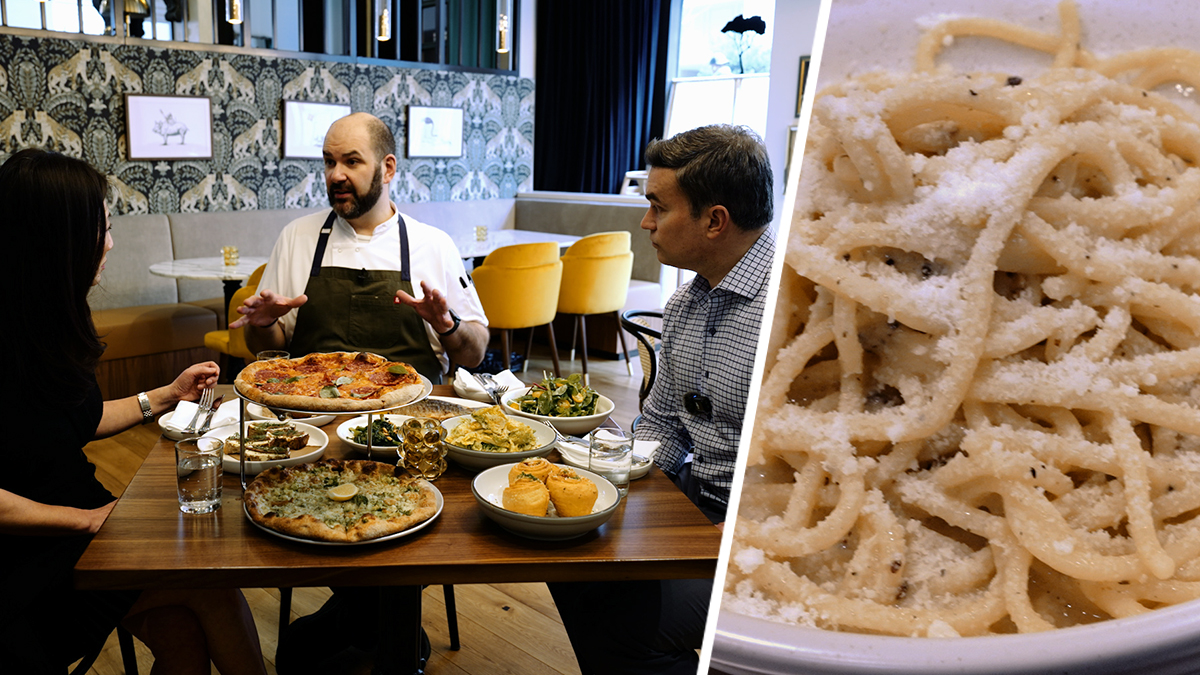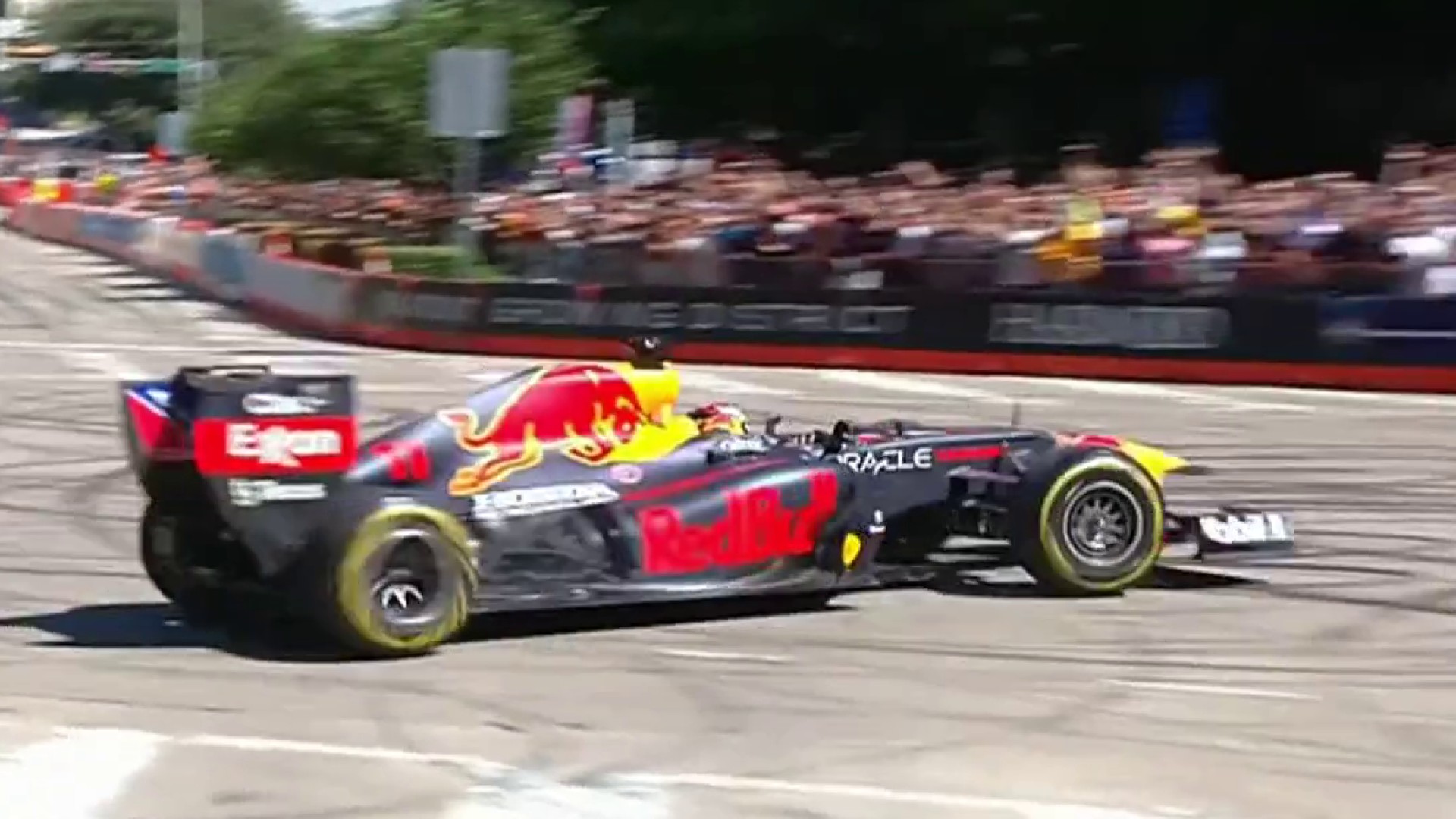This year's Scripps National Spelling Bee has drawn the largest number of competitors in its history, 516 spellers, but the field gets much smaller Wednesday with the announcement of the 50 or so spellers who will make Thursday's finals.
Among the competitors is 12-year-old Atman Balakrishnan, who has tough shoes to fill: His own father was the first Indian-American winner, back in 1985. Now a doctor in Hinsdale, Illinois, Balu Nataranjan recalls that he won by spelling the word "milieu," hardly tough enough for today's competition.
Nataranjan says spellers back then could win by memorizing about 10,000 words, but that won't cut it today: "Now the kids who win have to know somewhere between 40-and-80,000 words."
Atman, making his debut this year, hopes to equal his father's achievement. No pressure, though.
"He does help me and try to make me work harder, because he knows that I want this,'' Atman said. "If he knew that I did not want this, he would not push me.''
As usual, most of the presumed favorites as the field is winnowed down are Indian-American. Eighteen of the past 22 champions have been Indian-American, including three years when there were co-champions.
Natarajan is on the board of the North South Foundation, a nonprofit that hosts national competitions in spelling and other subjects and has served as a training ground for nearly all the recent champions.
Local
Washington, D.C., Maryland and Virginia local news, events and information
"It's become now kind of a good cycle where certain Indian-Americans succeed, and I think they've inspired others to do the same,'' Natarajan said. "I have no idea what my part is in that, if any.''
Here are some other things to know about this year's contest:
HIGH-STAKES TEST
The bee began with a written spelling and vocabulary test. It's the biggest factor in determining the roughly 50 spellers who will advance to Thursday's finals, and the consensus was that it was very difficult.
The field of spellers expanded by more than 200 this year because Scripps started a wild-card program to give opportunities to more kids from highly competitive regions. As a result, Scripps had to craft a test that would separate the most skilled and prepared spellers.
"They made it hard on purpose,'' said Jacob Williamson, a former speller and a student at Georgetown University who is coaching five spellers this year.
The moments after the test are among the most nerve-wracking for spellers, who spill out into the halls outside the bee stage and frantically Google the answers.
"The vocab was kinda hard this year,'' said 11-year-old Ashrita Gandhari, who made last year's finals. "It was definitely harder than last year.''
Even some of the most accomplished spellers said they missed a few of the vocabulary words, but they were still reasonably confident they'd get through to the finals.
"It was fine, actually. I didn't expect it to be fine,'' said 13-year-old Erin Howard of Huntsville, Alabama, who finished seventh last year. "I think at worst I missed five.''
OOPS
Longtime bee pronouncer Jacques Bailly, revered by spellers for his gentle manner and meticulous accuracy, had a rare slip-up.
Thirteen-year-old Tara Singh of Louisville, Kentucky, got "Diplodocus'' - a massive, herbivorous dinosaur _ and when she asked Bailly for the language of origin, he said, "dioecious is made up of Greek elements,'' using the word that the previous speller had missed.
"Um, what was my word?'' Tara asked.
QUESTION TIME
Spellers know what questions they can ask Bailly and expect to get useful information in response. That doesn't stop some from trying to get more.
"Can you, like, repeat it slowly?'' asked Annie Huang of Surrey, British Columbia, Canada, when she got "menehune,'' a Hawaiian-derived word for mythological, forest-dwelling dwarves.
"Is there, like, a root word or something?'' she asked, only to be reminded that spellers have to ask for a specific root and define it to receive that information.
Annie gave it one more shot before she misspelled the word.
"Is the spelling, like, counterintuitive in any way?"
"That depends on your intuition," Bailly replied.



